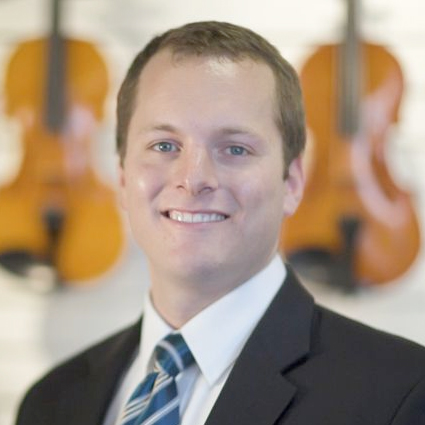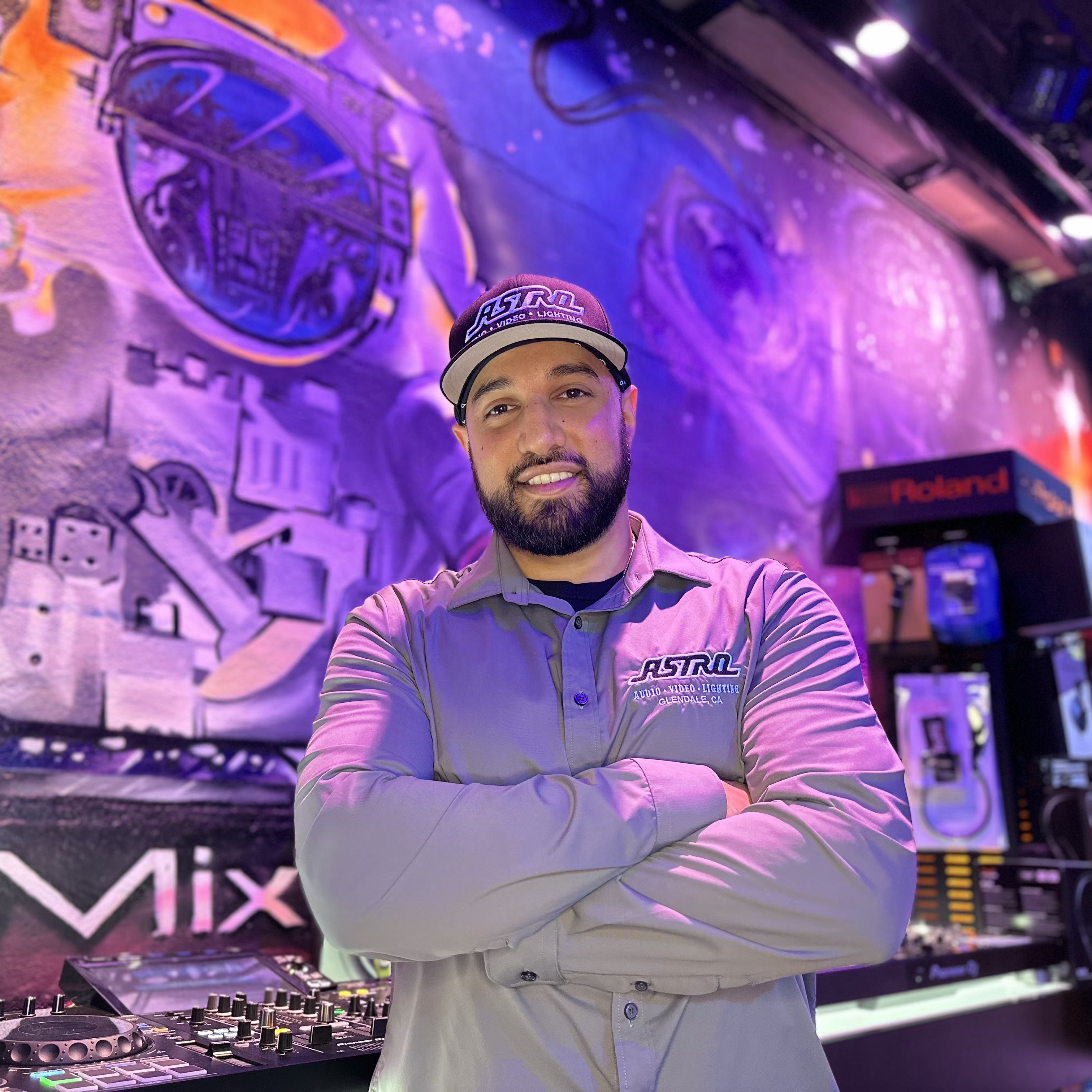The coronavirus has caused us to shift and adjust nearly every aspect of our lives and businesses. Simple tasks, such as assisting customers or greeting friends, are now a delicate dance involving facemasks, elbow-bumps, hand-sanitizing stations and social distancing.
This shift has also impacted our education system in a tremendous way, as administrators tackle the daunting challenge of balancing safety and financial constraints while providing high-quality education. Every aspect of education is under a microscope and could be for the foreseeable future. As an industry, we all must be passionate advocates for music education to ensure the next generation enjoys the benefits of music.
We all must be advocates in the COVID-19 era.
Being a passionate advocate does not have to be a big gesture or grand activity. In fact, the best definition I have heard of advocacy is simply sharing a compelling story with data. Here are five things to keep in mind as we all rise to the call of being an advocate for music education.
Decision-makers are people, too.
We cannot assume that decision-makers know everything we do. I have found that rarely is the case. Many of the decision-makers I have an encountered through my own efforts have impressive backgrounds in medicine, education or public health, but not music. Few know the impact that music has on students or the risks, or lack thereof, associated with playing an instrument. Do not hesitate to share the information that you have. Decision-makers’ areas of expertise may or may not include music. It is best that we be proactive in sharing information.
Decision-makers have access to the same information we do.
My experience is that decision-makers for education, even at the state-level, are reading and referencing the same information that is readily available online. They are reading the same CDC guidelines, news articles and research studies we are. We can quickly become knowledgeable on the latest guidelines and information as it relates to music and become an educated voice in these conversations.
Local is key in the coronavirus era.
Decisions are primarily being pushed to the local level. Much of the information coming out at the state and federal level relating to education consists of considerations or guidelines. This is good, as schools can respond to the unique challenges faced within their local communities. It also makes room for local voices to be heard. However, it also means that we must be active at the local level. This activity may include corresponding with local school board members, principals, music educators, health department officials and others.
You need to develop your toolkit.
Having an ample toolkit of information, ideas and content is great preparation for any conversation or advocacy effort. Start with the NAMM website, the CDC website and recent research studies. One or two hours of preparation can quickly bring you up to speed as to what is going on relating to music education and coronavirus.
You must have a story.
If advocacy is telling a compelling story with data, we must have our story ready. Perhaps your story is your local school district receiving NAMM’s Best Communities for Music Education award or that a high school received more scholarships for music and the arts than for athletics. Or, it could be that students that are involved in music are more likely to graduate on time and go to college, learn a foreign language more quickly, and are less likely to become truant and experiment with drugs and alcohol.
We cannot forget the importance of the story. MI
Nick Averwater is a sales manager at Amro Music Stores in Memphis, Tennessee. Nick, along with his cousin CJ, represent the fourth generation of family ownership at Amro. Nick serves as a board member with the Music Achievement Council, as well as with NAMM Young Professionals, an organization that strives to connect, prepare and educate the next generation of leaders in the MI industry.










